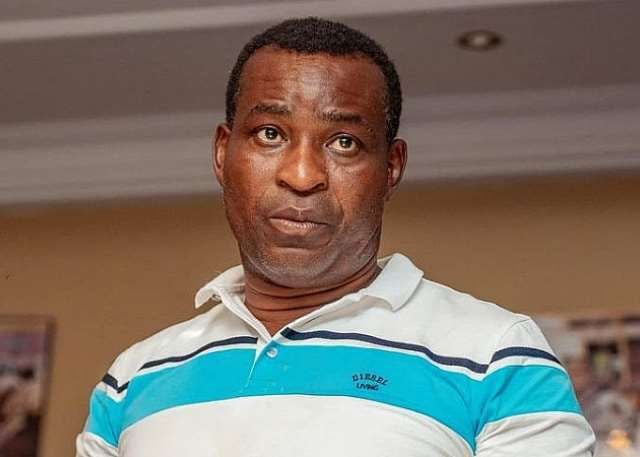Bernard Antwi Boasiako, the Ashanti Regional Chairman of the New Patriotic Party (NPP), widely known as Chairman Wontumi, shared a harrowing account of his recent detention by the Economic and Organised Crime Office (EOCO). Arrested on May 27th on allegations of financial impropriety and causing financial loss to the state, Wontumi was granted bail set at GHS50 million with two sureties. However, his inability to fully meet the bail conditions resulted in his confinement for nearly a week, sparking protests from the NPP. Wontumi described his detention as a near-death experience, claiming he was held in a cramped cell that left him in a critical condition. He graphically recounted the psychological toll of the confinement, stating that he began to hallucinate, seeing deceased relatives, a phenomenon he interpreted as a sign of his impending demise. He even compared his experience to the biblical account of Jesus Christ’s crucifixion, claiming he felt similarly abandoned.
Wontumi’s detention and the circumstances surrounding it became a rallying point for the NPP. Dr. Mahamudu Bawumia, a prominent NPP figure and former Vice President, seized upon the incident during a flagbearer campaign engagement, framing it as part of a larger strategy of political intimidation orchestrated by the ruling National Democratic Congress (NDC). Bawumia argued that the NDC, since returning to power, has systematically targeted NPP members, including executives, social media activists, and former government appointees, using state security apparatus as instruments of oppression. This narrative of persecution serves to solidify support within the NPP ranks and galvanize the party base against what they perceive as an overreach of power by the current administration.
The allegations against Wontumi and his subsequent detention provide a glimpse into the deeply entrenched political rivalries that characterize Ghana’s political landscape. The back-and-forth accusations between the NPP and NDC often play out publicly, with both parties leveraging such incidents to bolster their own narratives and discredit their opponents. The use of state institutions like EOCO in politically sensitive cases inevitably raises questions about their impartiality and the potential for their manipulation for political gain. This dynamic fuels public distrust in these institutions and undermines the perception of fairness and due process within the justice system.
The GHS50 million bail amount itself became a point of contention. While authorities might argue that such a substantial figure is necessary to ensure the accused’s appearance in court, critics within the NPP viewed it as excessive and punitive, designed to cripple Wontumi financially and send a chilling message to other potential dissenters. The inability to meet the bail conditions, resulting in prolonged detention, further fueled the perception of injustice and added to the sense of grievance within the NPP. This incident underscores the potential for bail conditions to be used as a tool of political pressure, effectively punishing individuals before they are even convicted of a crime.
The timing of Wontumi’s arrest and the subsequent campaign rhetoric surrounding his detention raise questions about the politicization of the justice system. While the specific allegations against Wontumi remain under investigation, the public discourse quickly shifted from the merits of the case to broader accusations of political witch-hunting. This politicization obscures the underlying issues and makes it difficult to have a reasoned discussion about the allegations themselves. It also reinforces existing political divides and contributes to a climate of mistrust and animosity between opposing factions.
The case of Chairman Wontumi highlights the complex interplay between politics, justice, and public perception in Ghana. It serves as a stark reminder of the challenges of maintaining impartiality within state institutions and the potential for political manipulation of the judicial process. The incident has further polarized the political landscape, deepening the divisions between the NPP and NDC, and raising concerns about the fairness and transparency of the legal system. The long-term consequences of this incident will likely resonate throughout the upcoming election cycle, shaping public opinion and influencing the political strategies of both parties.


